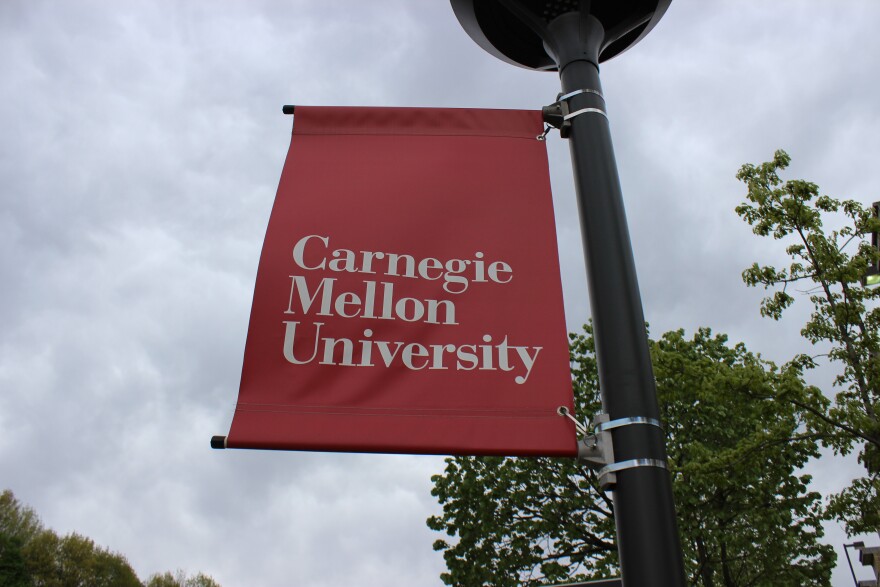In an effort to diversify the study of fields related to science and technology, Carnegie Mellon University will soon cover tuition and living expenses for up to 90 graduate students a year from under-resourced or underrepresented populations.
CMU President Farnam Jahanian said removing financial barriers will empower the next generation of talent, “so they can apply their skills and ingenuity to realize new scientific and technological breakthroughs for the benefit of humanity.”
The university plans to launch the fellowship in the fall of 2024 with a $110 million endowment from the Norman and Ruth Rales Foundation. The fellowship will not only cover tuition but also provide a living stipend to cover housing and health care. Students will also have access to mentorship and career advising services.
The initiative is an answer to a call by the National Science Foundation and National Science Board to maintain global competitiveness by increasing the talent pool for studying science, technology, engineering and math. In its strategic plan, the NSB called for the U.S. to aggressively cultivate domestic talent by doubling the number of Black and female scholars, as well as tripling the number of Latinos in the fields, in order to be representative of the U.S. population.
Jahanian said that socioeconomic diversity improves learning environments, and that companies recruiting talent have also expressed a need for diverse perspectives.
“Studies show that when you solve complex problems, bringing people from diverse backgrounds with diverse ideas improves the solutions,” Jahanian said.
The fellowship will be celebrated on CMU’s campus Thursday with Governor Josh Shapiro, who called the fellowship an example of what it means to break down barriers that can hold students back from success.
“When it comes to Pennsylvania’s students, and preparing them for the jobs of the 21st century, we need all the options on the table," Shapiro said in a release. "Programs like this one — that give more students access to graduate level STEM education — help create more paths to success for all Pennsylvanians. This program will help bring talented students into Carnegie Mellon’s STEM programs, and help the Pittsburgh region maintain its position as a leading hub of innovation and progress.”




